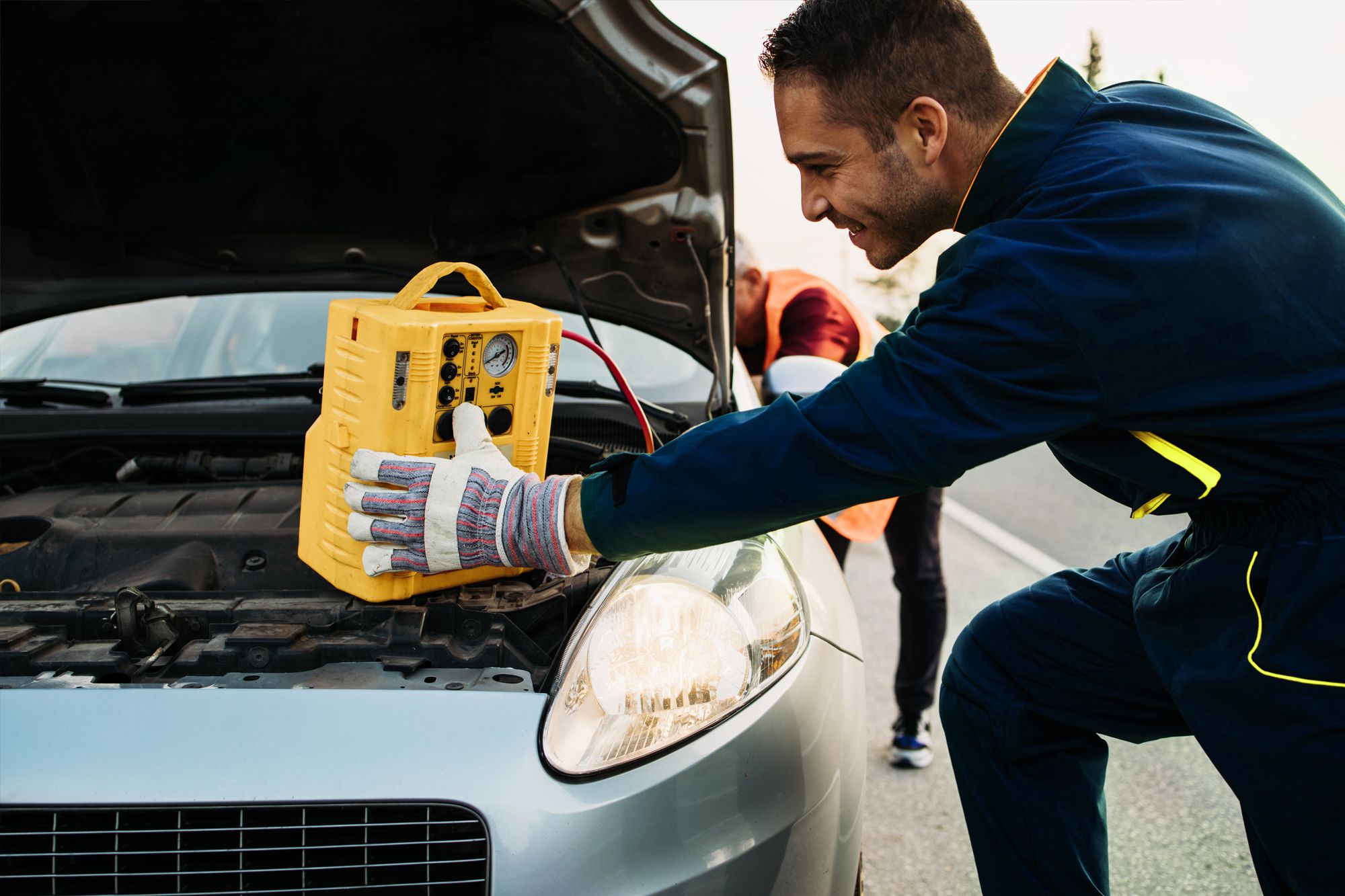All Categories
Featured
[1].jpg)
When to Look For Professional Assistance for Automobile Concerns, ##.
While several vehicle problems can be managed via regular upkeep or small Do it yourself solutions, there are times when expert proficiency is required. Below are some essential indicators that it's time to look for expert assistance for your cars and truck concerns.- Persistent Dashboard Caution Lights. Modern automobiles are equipped with advanced sensing units and onboard diagnostics that can inform you to potential concerns with alerting lights on the control panel. Some of these lights, like the reduced tire stress light, may not be critical, but others, such as the check engine light, can suggest a selection of problems ranging from small to severe. It's ideal to consult with a technician to avoid additional complications if a warning light keeps on or blinks continuously. An expert technician can run an analysis test to identify the issue and advise the necessary repairs.

- Loud or unusual Noises. Odd noises originating from your vehicle should never be ignored, as they can signify underlying troubles. For instance, if you hear a grinding sound when using the brakes, it can mean that the brake pads are put on down, which is a security issue. In a similar way, if you discover a pinging or knocking sound from the engine, it might indicate a problem with the fuel mixture, timing, or one more important engine part. Trying to fix these issues on your own might cause more damage, so it is necessary to have the car expertly detected.
- Fluid Leaks Under the Automobile. Your car counts on different fluids-- engine oil, coolant, brake liquid, power guiding liquid, etc-- to operate properly, and a leak can suggest a trouble with the equivalent system. A technician can assist determine the type of fluid and situate the resource of the leak, protecting against any kind of long-term damages to your lorry.
- Trouble Beginning or Stalling. If your automobile has difficulty beginning or regularly stalls while driving, it could be an indication of a problem with the fuel, battery, or generator system. These issues may start off as small aggravations however can lead to significant failures if not addressed immediately.
- Overheating Engine. An overheating engine can be a severe issue and is often triggered by problems with the cooling system, such as a busted radiator or a malfunctioning thermostat. If your vehicle's temperature level gauge is continually in the red zone or you see steam climbing from under the hood, you should pull over immediately and turn off the engine to avoid more damages. Driving an overheated vehicle can lead to extreme engine failure. An auto mechanic can inspect the cooling system and fix any type of concerns prior to they cause lasting damage.
- Brakes Feeling Spongy or Unresponsive. Your brakes are one of the most critical security attributes of your vehicle, and any kind of problems with them ought to be attended to immediately. Squealing or grinding sounds when stopping might direct to damaged brake pads or various other concerns with the stopping system.
- Odd Resonances or Handling Issues. If you notice vibrations while driving or a lack of control when stopping or turning, it might suggest concerns with your tires, suspension, or positioning. Out of balance tires or misalignment can create vibrations, while a damaged suspension system can influence the vehicle's handling. Driving with taking care of issues not only impacts comfort but also can be dangerous, specifically at greater speeds. If your car experiences uncommon vibrations or handling problems, take it to a professional technician that can identify and deal with the concern before it ends up being a security concern.
- Extreme Smoke or Odors. Blue or black smoke coming from the exhaust might indicate an oil or gas problem, while white smoke may suggest a coolant leakage or a blown head gasket. These issues can be challenging to diagnose without the right devices and experience, so it's finest to consult a mechanic as quickly as you notice any uncommon smoke or smells coming from your car.
Verdict. While it's constantly alluring to deal with and attempt automobile problems on your own, there are numerous situations where seeking specialist aid is essential to stay clear of additional damages and guarantee the security of both you and your automobile. From dashboard warning lights and weird noises to liquid leaks and brake issues, if you notice any of the indicators listed above, it's time to go to a trusted technician. An expert will have the experience to identify the concern properly and suggest the most effective strategy, saving you both money and time in the long run. By resolving issues early, you can extend the life of your cars and truck and prevent expensive repairs later on.
Latest Posts
Keep Your Carpet Looking Its Best with Easy, Specialist Treatment
Published Apr 20, 25
1 min read
Experience You Can Trust with Bathroom Fitter Metro Detroit
Published Apr 20, 25
1 min read
Maximize Your Savings Possible with WyHy MAX Money Market
Published Apr 20, 25
1 min read